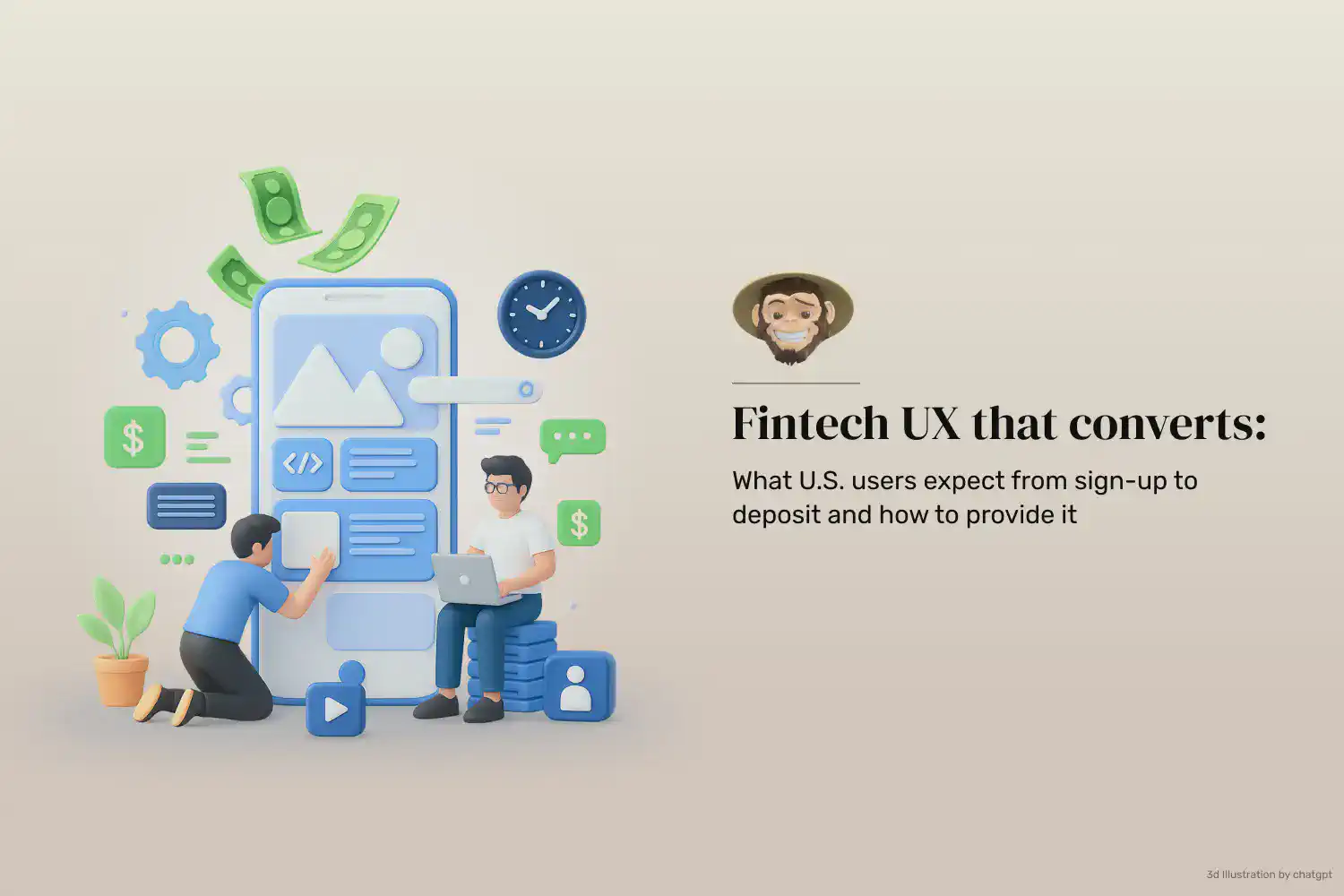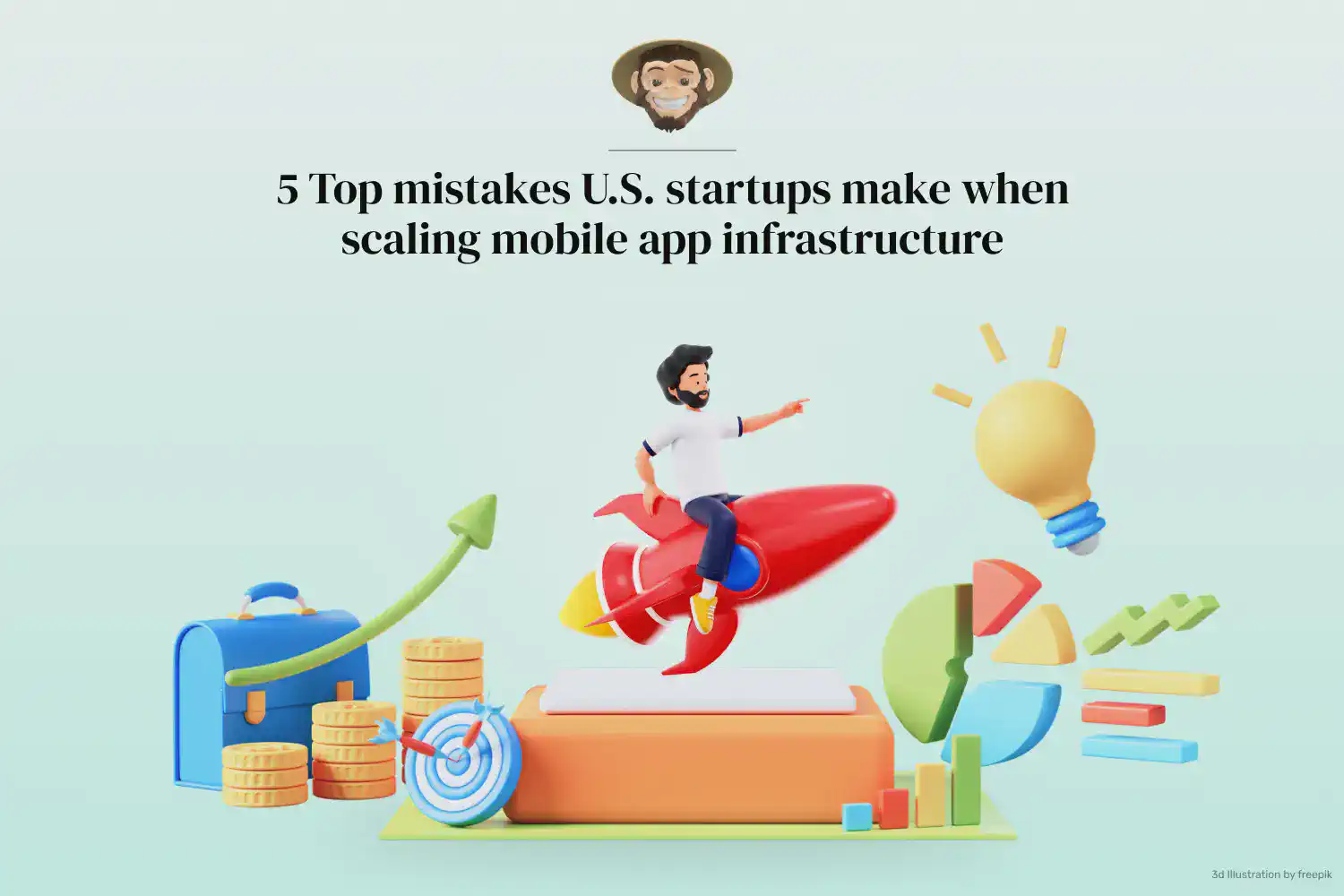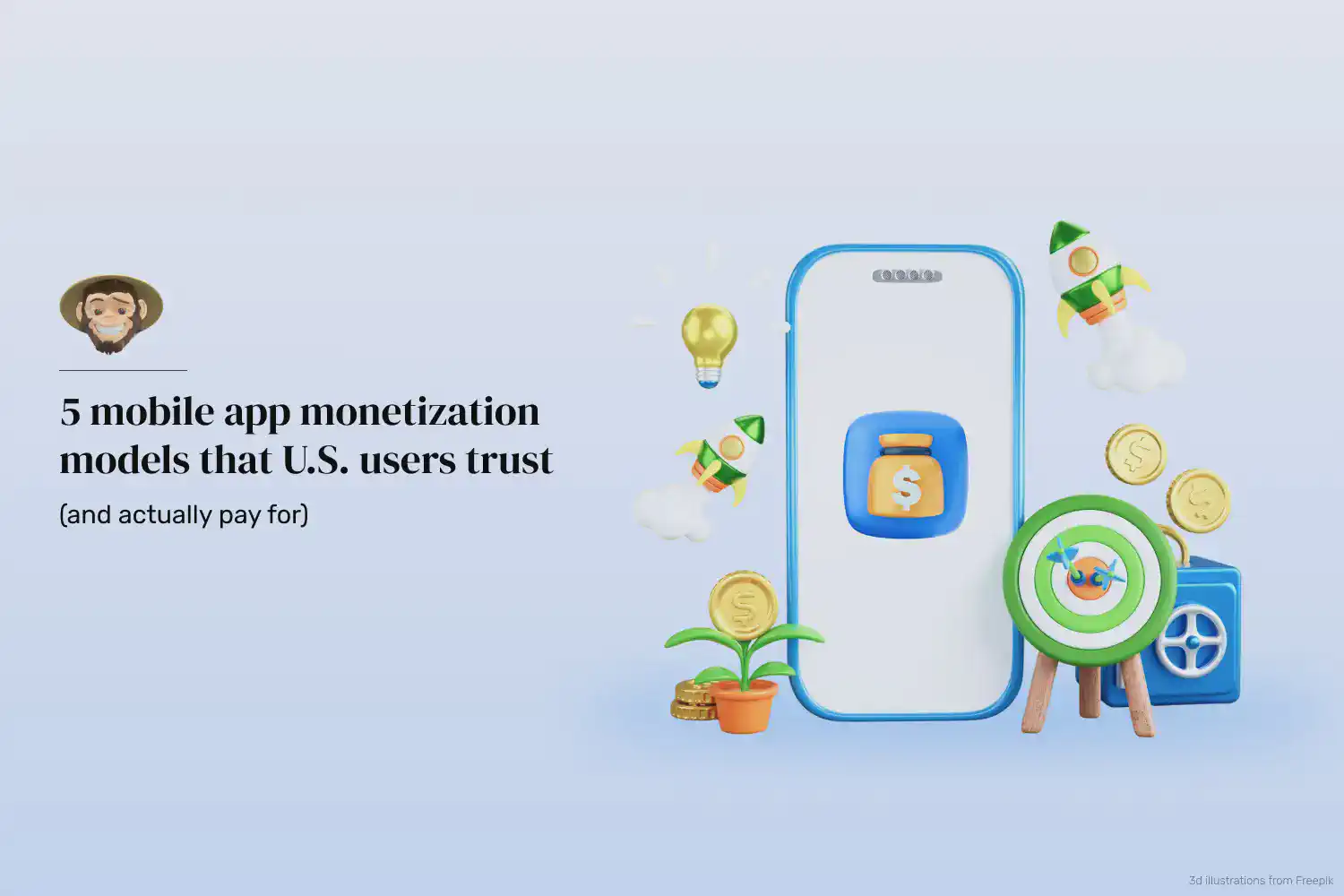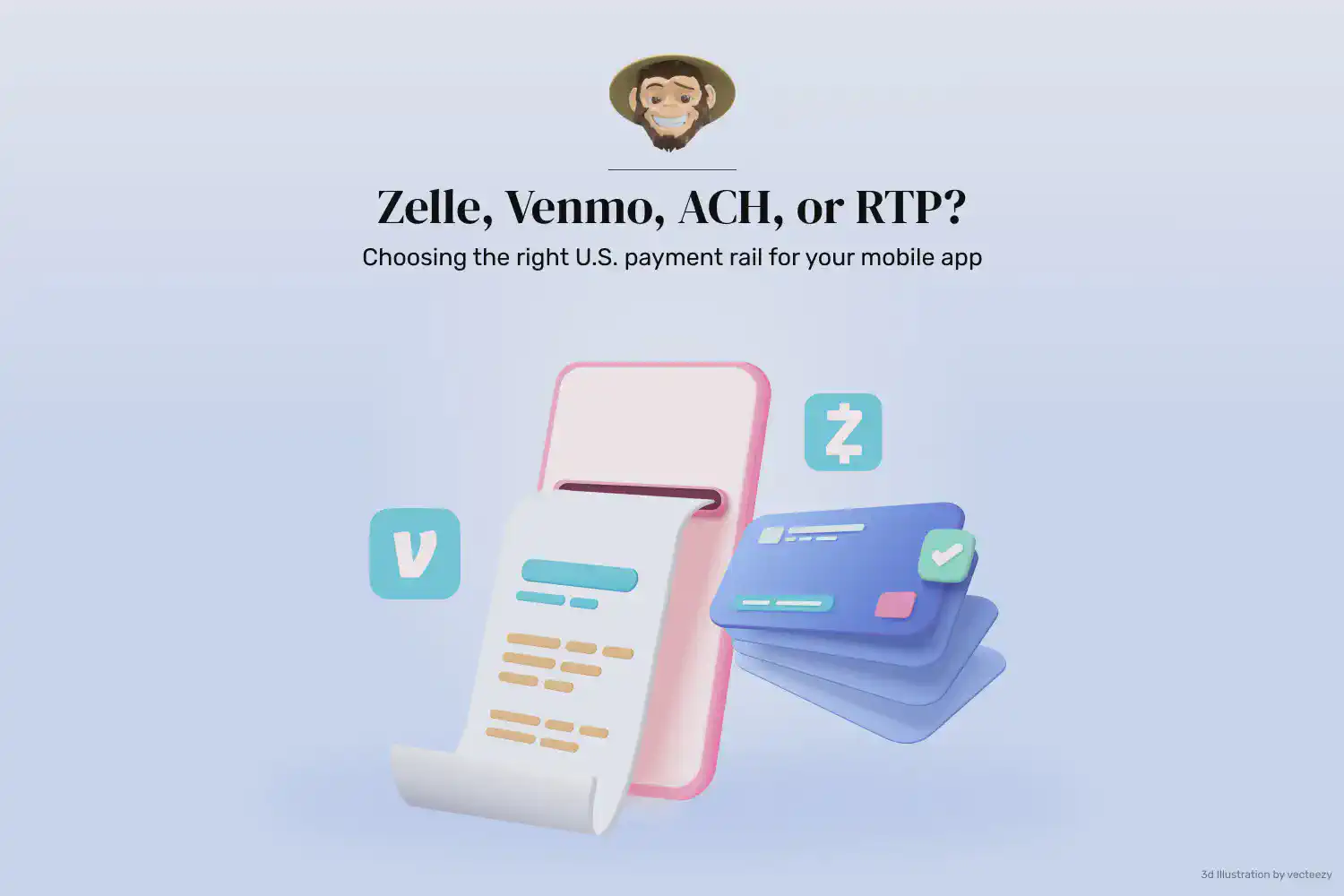Blockchain technology has evolved from being tied to the cryptocurrency Bitcoin to sneaking its way into countless fields and industries and positioning itself as a transformational force.
Some years ago, blockchain started making waves as the fiber of cryptocurrencies such as Bitcoin or Ethereum. With its principles of transparency, speed, and accountability, blockchain quickly became a staple in the crypto world and cemented its position as the world’s most beloved digital decentralized digital ledger. However, blockchain has come a long way since its inception as the backbone of Bitcoin. While cryptocurrency has dominated its narrative for years, blockchain has started to find its way into various industries, transforming transactional security, increasing interoperability, and addressing inefficiencies across all the fields it touches.
So now, as we look towards 2025, it seems that blockchain’s hold on the digital market is poised to expand significantly and keep revolutionizing industries with its decentralized, secure, and transparent structure. Here is our exploration of the key and most promising real-world blockchain applications and our very own predictions for what the future holds for the technology in the upcoming year.
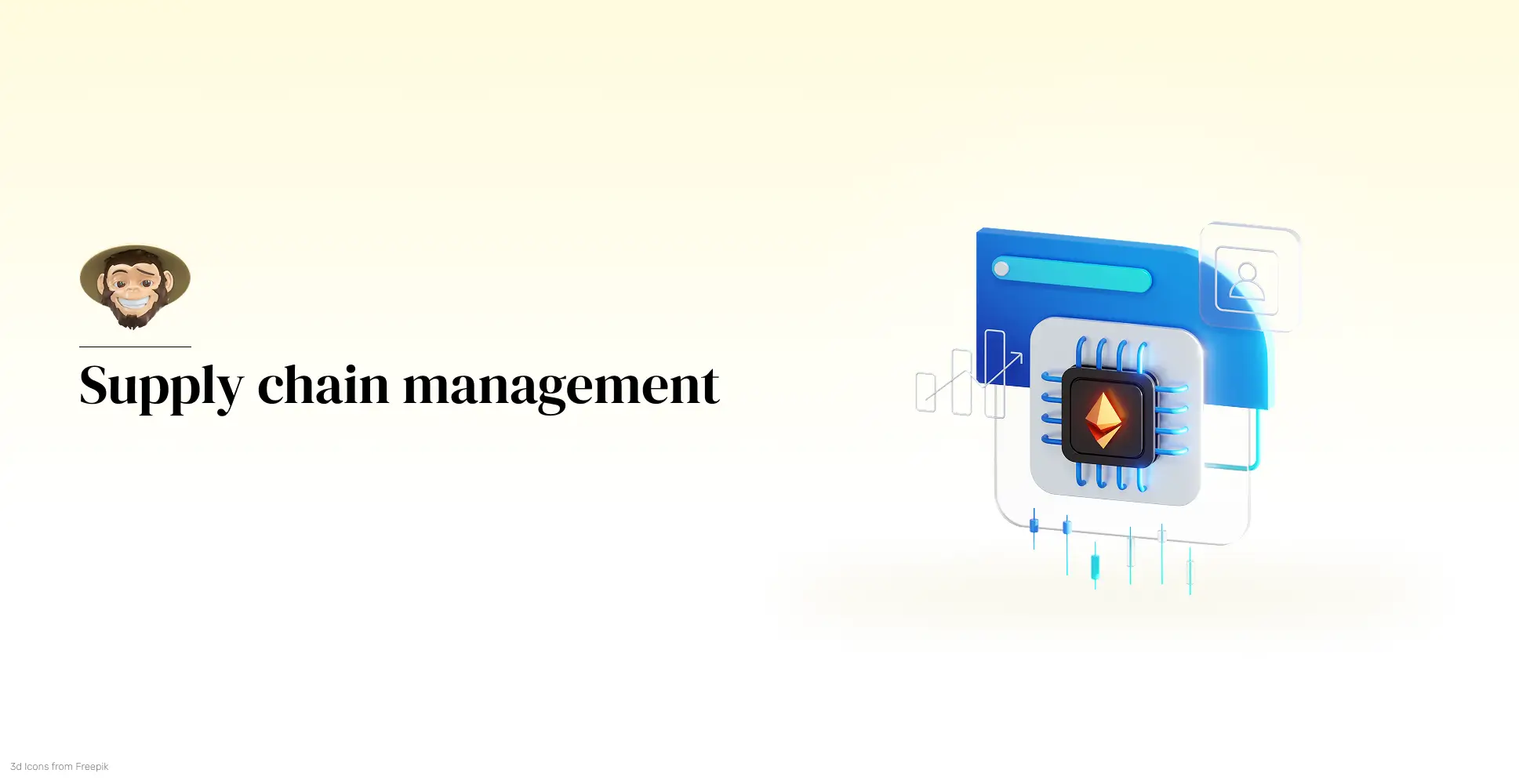
Supply chain management
Currently, blockchain has already taken center stage in supply chain management for large enterprises such as IBM, Walmart, and JPMorgan. The technology is key in reducing paperwork and enhancing the transparency, traceability, efficiency, and security of supply chains. It is essential in helping stakeholders track goods from origin to destination, building trust, and reducing fraud.
Looking ahead to next year and beyond, we can anticipate a widespread adoption of blockchain, particularly among major players in the food distribution sector. This adoption will not only enhance the traceability and tracking of goods but also enable the verification of ethically sourced materials, such as conflict-free diamonds and sustainable fabrics. With blockchain’s ability to make product tracking more accessible, it will play a pivotal role in identifying damaged goods, streamlining recall processes, and preventing these goods from reaching the hands of final consumers. This potential for enhanced traceability make us optimistic about the future of supply chain management.
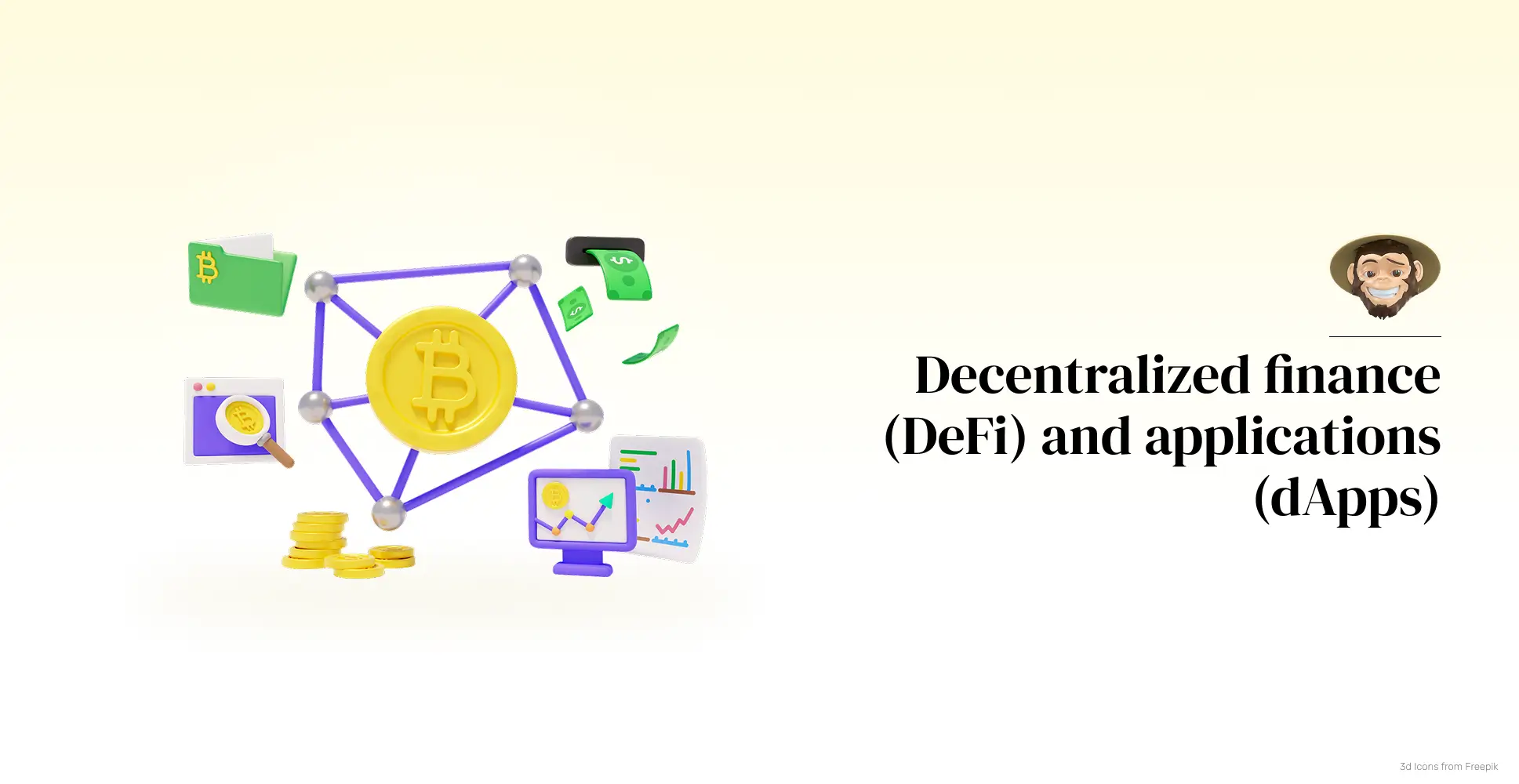
Decentralized finance (DeFi) and applications (dApps)
DeFi and dApps are currently at the forefront of a revolution in financial and mobile services. By eliminating intermediaries and facilitating simpler, more cost-effective peer-to-peer transactions, they are reshaping the industry. However, their full potential is yet to be realized, as they grapple with regulatory, scalability, and security challenges.
As blockchain evolves and becomes more prevalent, governments will likely establish transparent and fairer regulations for DeFi platforms and dApps, fostering their development, building trust, and encouraging institutional investment. This could have a significant societal impact as dApps may gain more traction. We may also start seeing hybrid financial systems and blockchain-based microfinance solutions emerge, enhancing financial inclusion for unbanked populations.
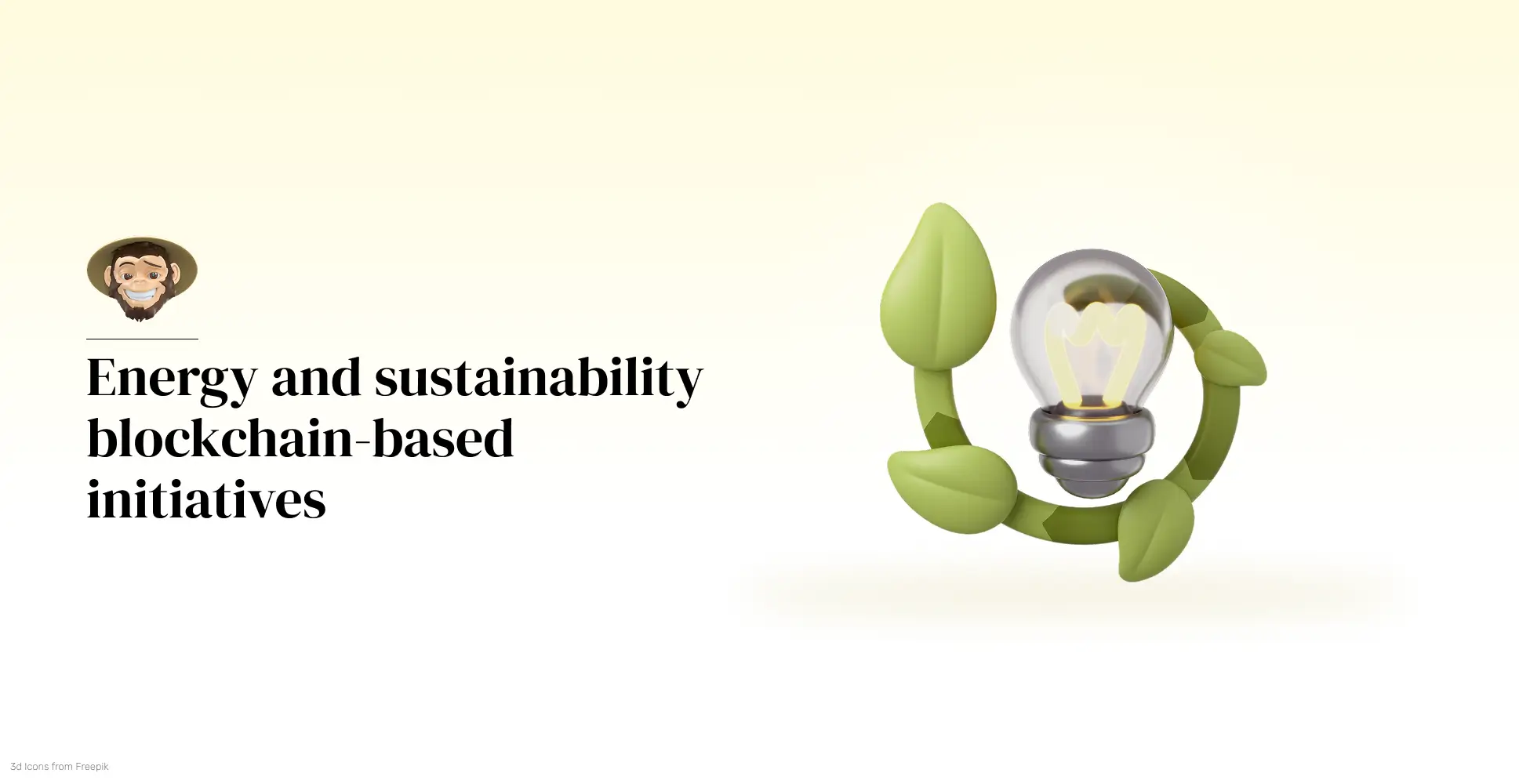
Recycling icon design - Freepik
Energy and sustainability blockchain-based initiatives
Undoubtedly, blockchain’s transparency and traceability make it a powerful tool for sustainable initiatives such as tracking renewable energy credits, monitoring carbon emissions, and promoting decentralized energy grids. While its environmental impact and energy consumption have raised concerns, the potential of blockchain to revolutionize sustainability is undeniable.
Thankfully, we are already witnessing the rise of some blockchain initiatives aimed at reducing energy consumption and prompting sustainability:
P2P energy trading: Platforms like Power Ledger, for instance, enable decentralized peer-to-peer energy trading, which allows people with solar panels in their homes to sell their surplus electricity directly to others. Moreover, by 2025, blockchain-powered microgrids may be widely used, which could help us manage surplus energy more effectively.
Resource usage: Blockchain is making significant strides in reducing resource usage. Streamlining countless administrative processes is helping companies cut down on paper usage and other resource-intensive practices, paving the way for a more sustainable future.
Carbon credit tracking: Blockchain is set to revolutionize how we track and trade carbon credits. Carbon credits are permits that allow the holder to emit a certain amount of greenhouse gases. By using blockchain, we can create a more transparent and secure system for keeping an eye on these credits, ensuring accountability for companies looking to offset emissions and increasing its impact on sustainability. For instance, IBM and Veridium’s carbon credit platform may start to become the model for sustainability by 2025.
So, as sustainability becomes a focal point in all enterprises and processes, blockchain technology is evolving to drive sustainability, improve transparency, and foster accountability so that its benefits will soon outweigh its disadvantages.

Blockchain-driven healthcare
With its ability to provide data security, promote interoperability, and eliminate the need for go-betweens, blockchain technology has already become a godsend in some global healthcare scenarios. For instance, it is being used to ensure data privacy, promote interoperability within healthcare systems, and empower patients to own and manage their medical records. In some hospitals, blockchain is used to secure patient data, prevent unauthorized access, and ensure privacy. However, the future of blockchain in healthcare promises much more.
For the years to come, we expect blockchain to reach widespread adoption and become a cornerstone of the healthcare industry, allowing most countries and stakeholders to manage patient records seamlessly and ensure global interoperability. It will also likely become the gold standard for pharma companies to track and authenticate drugs across the supply chain, ensuring compliance and significantly reducing counterfeit medicines. Genomic data will also become easily accessible by users and kept secure by companies such as Nebula Genomics, which is priceless for scientific research. These roles of blockchain in ensuring the safety and authenticity of countless healthcare products is a reassuring prospect for the industry and the public.
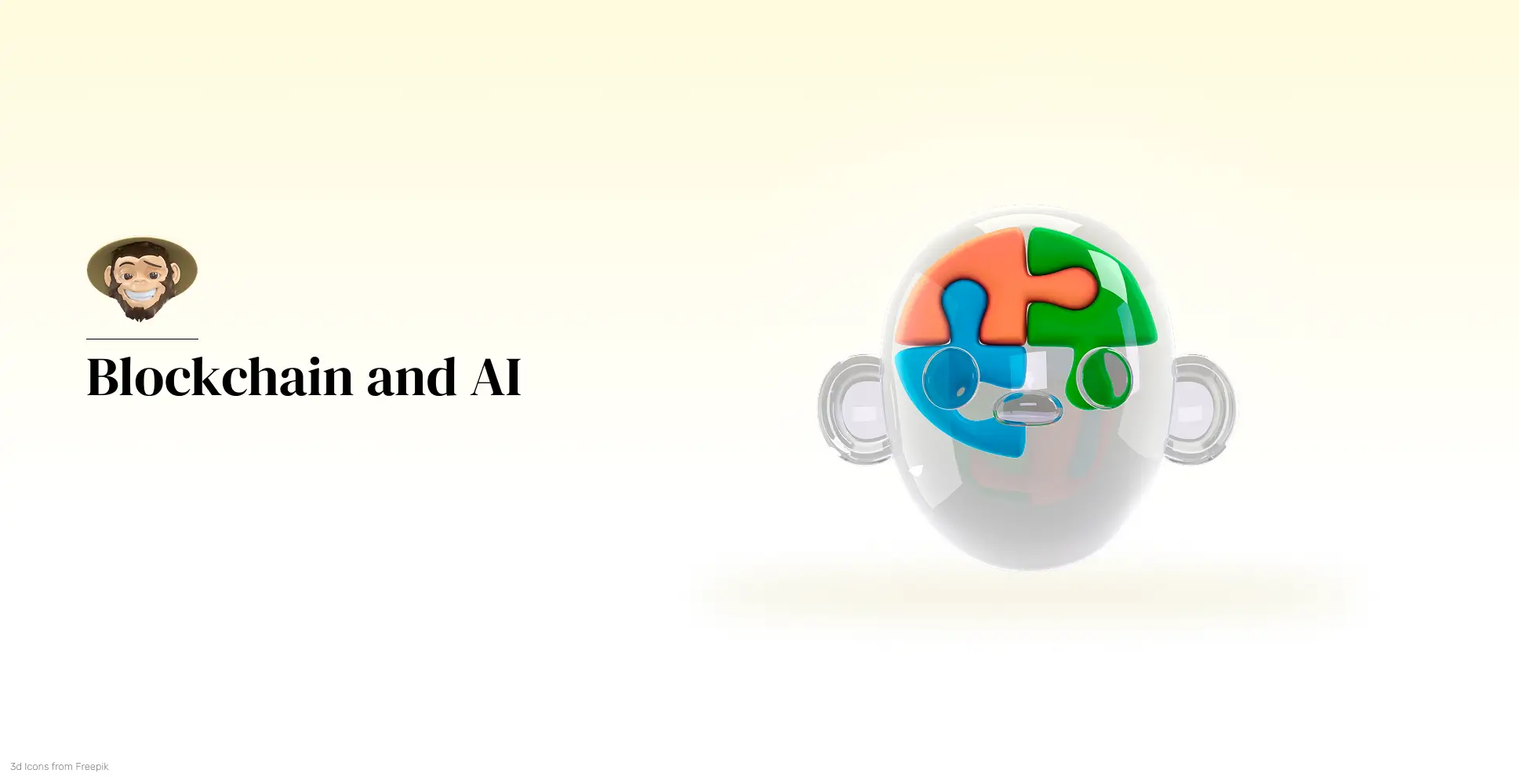
3D rendering puzzle head icon - Freepik
Blockchain and AI
Since AI has become prevalent in most industries, it is necessary to consider the future of blockchain in relation to its integration with artificial intelligence. While seemingly distinct in purpose, these two powerful technologies can complement each other by promoting transparency, data security, and efficiency across industries.
The integration of blockchain and artificial intelligence has the potential to:
Promote the birth of decentralized marketplaces where stakeholders, other individuals, and businesses can securely share, buy, or sell AI models and data with the assurance of robust security measures.
Allow healthcare institutions in different regions to collaborate and train global AI models for disease control while protecting sensitive patient data.
Create combined authentication systems for more secure, dynamic identity verification in Fintech, healthcare, and retail websites and applications.
Power smart city infrastructures by integrating IoT devices and urban services. In this scenario, blockchain could ensure the communication and coordination between IoT devices while AI could analyze data to optimize traffic and energy use, for instance.
The convergence of blockchain and AI has the potential to become a paradigm shift. If we can overcome the technical and regulatory challenges, together, these technologies promise to transform how we interact with data and digital systems, inspiring a hopeful future for industries, governance, and our digital economy.

Final word
Blockchain technology has evolved beyond being a mere buzzword. It’s no longer a niche technology or an extension of cryptocurrency. Blockchain has become a transformative force that is reshaping industries and redefining our interactions with the new world. As we move towards 2025 and beyond, the potential of blockchain to drive innovation and efficiency across all sectors is becoming increasingly apparent. While challenges remain, the ongoing evolution of blockchain promises to make it as ubiquitous as AI. So, by using this technology responsibly and intelligently, we can be confident it will usher in a new era of digital empowerment for individuals and businesses.
At Foonkie, we pride ourselves on our ability to stay ahead of the curve in emerging technologies. With a track record of successfully implementing innovative technologies into our products for several years, we are well-equipped to answer all your questions. Don’t hesitate to contact us and let’s talk!


